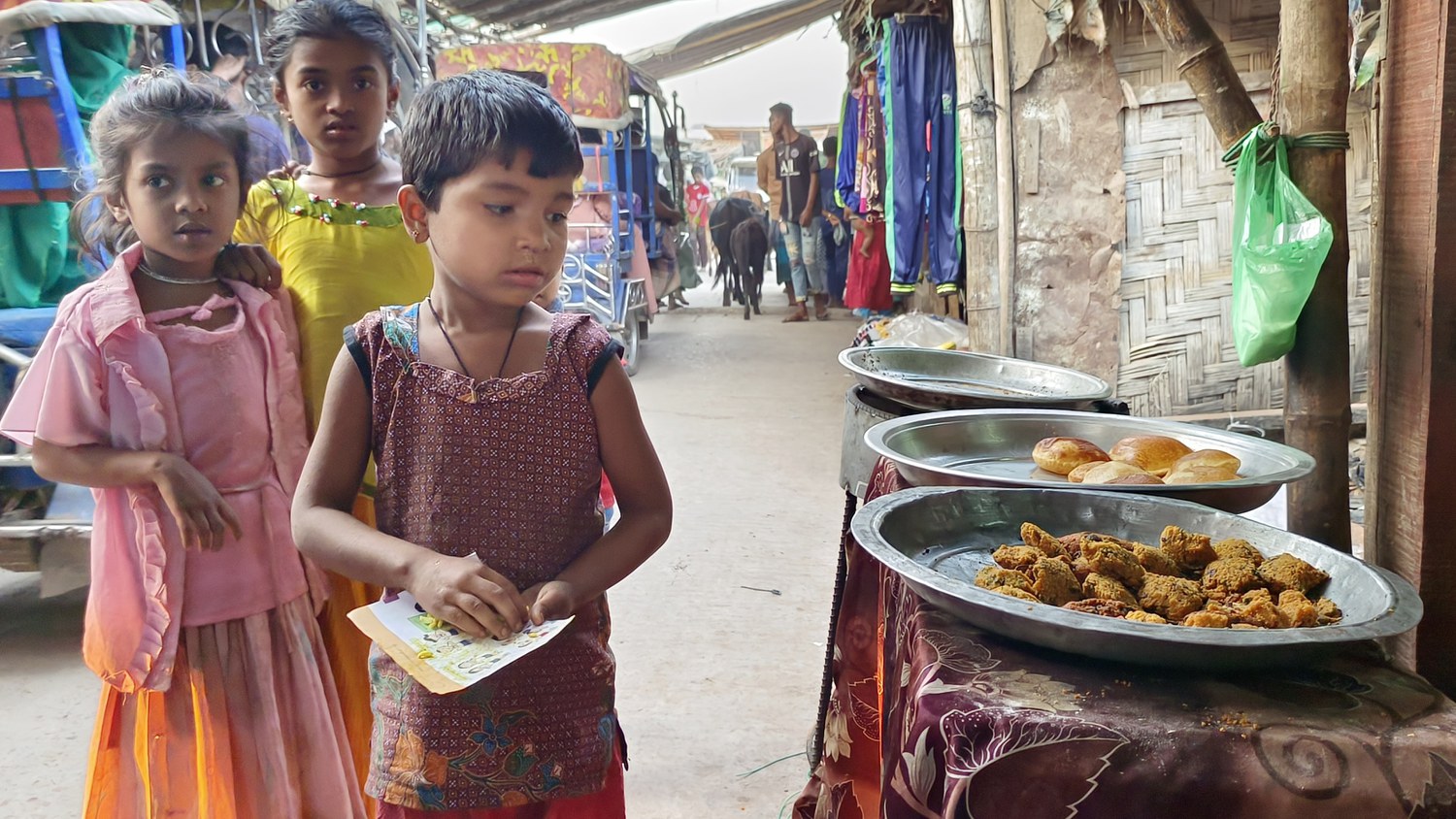'Six years on, don’t forget the Rohingyas'
On the anniversary of the massacres carried out by the Burmese military in August 2017, hundreds of thousands remain abandoned in refugee camps. High Commissioner for Human Rights Volker Türk: "Expand programs of relocation and temporary protection".
Bangkok (AsiaNews) - Six years ago in Myanmar the military supported by a large part of public opinion despite the charismatic leadership of the Nobel Peace Prize winner Aung San Suu Kyi, launched the most consistent wave of persecution against the Rohingya.
Muslim ethnic group, without nationality as they were considered heirs of illegal immigration from what is now Bangladesh, hundreds of thousands were forced in the following weeks to escape the roundups and the violence of the military and the fires that devastated many communities with demonstrations of a brutality that led to define the action of the armed forces as a real genocide.
Local sources, collected and selected by several organizations and systematized in international reports that leave little to doubt, indicate that 10,000 men and women of all ages and even infants lost their lives. This and the destruction of at least 300 villages forced 700,000 Rohingya to take refuge above all beyond the border of the western state of Rakhine where the majority lived, in Bangladesh which already hosted at least 200,000 Rohingya victims of past persecutions.
This has led most of the members of this ethnic group to live today outside the original territory, to a further diaspora towards other countries considered hospitable and to around 100,000 individuals locked up in camps within the Burmese territory, in substantial segregation and with the constant risk of attacks by nationalist and Buddhist groups.
The odyssey is far from over for this population and the future does not currently present any possibility of a return or a massive relocation elsewhere. The Dhaka government is struggling to manage the huge mass of refugees living in precarious structures close to the border that they have crossed on the run, with local gangs and international human trafficking networks taking advantage of every opportunity to exploit their needs and disillusionment .
While a return is currently blocked first of all by the lack of formal recognition of their Burmese citizenship, which would imply for them certain documents, residence and protection rights in the territory of Myanmar, the partial relocation to other areas of the territory of Bangladesh which would loosen the pressure in the primary collection centers is progressing slowly and is subjected to criticism by international organizations who fear it will lead to substantial imprisonment and, in fact, to the end of any hope for young people raised in the camps.
Hence also the appeal launched today by the UN High Commissioner for Human Rights, Volker Türk: “Faced with concomitant crises, the international community must not forget the Rohingya population or the communities that host them in Bangladesh. The humanitarian appeal to support the Rohingya, both in Myanmar and in the camps in Bangladesh, needs more support and funding. At the same time, third countries should expand relocation or temporary protection programmes, especially within the same regional area. Likewise, the international community must redouble its efforts to reverse Myanmar's course and to ensure accountability and justice".
11/08/2022 14:35
16/05/2023 12:57







.png)










